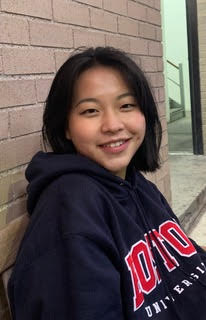Conference Team
Felice Amato, Conference Director
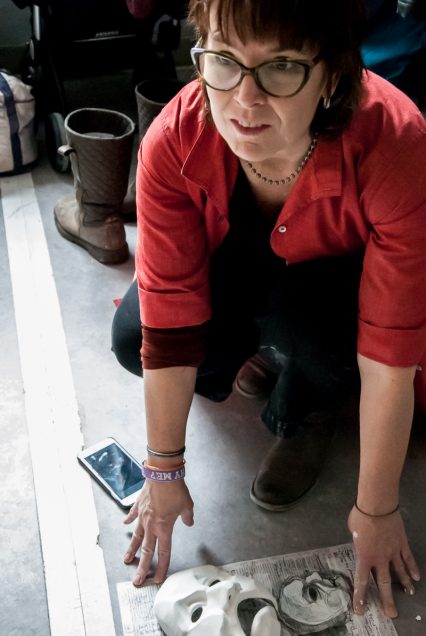
Felice Amato works at the intersection of the fields of visual arts, art education, and theater. She has a particular passion for puppetry, masks, and object performance, which integrate the body and the element of time into a narrative and cross the boundaries between disciplines. Amato is an Assistant Professor of Art Education at Boston University in the College of Fine Arts. In addition to teaching and research, Amato approaches scholarship through practice as an arts researcher. She has performed short works in various venues, including the Ballard Institute at U-CONN and Open Eye Figure Theater in Minneapolis. She has received numerous awards for her artistic work, including a Jerome Foundation grant and two Minnesota State Arts Board grants. She has published in Puppetry International and the Journal of Mother Studies and presented at a2ru (The Alliance for the Arts at Research Universities), USSEA (United States Society for Education through Art), NAEA (the National Art Educators Association), the CAA (College Arts Association), and Puppeteers of America. Amato currently serves on the Board of UNIMA-USA (Union Internationale de la Marionnette). Her interest in puppets and masks and their connection to the female body, as well as her focus on using object performance to explore the abstract and the theoretical, developed during her doctoral work at UW-Madison, where she began working at the intersection of creative investigation and scholarship through arts-based and embodied research methods. She was chosen as an emerging artist for the Eugene O’Neill Center’s National Puppetry Conference in 2018, where she created a puppet piece based on Simone de Beauvoir’s 1949 work, The Second Sex. Last year, Amato convened a panel at the College Art Association entitled “Unmasking Complexities: The Mask in Global Contemporary Art,” which laid the grounds for proposing this year’s conference.
Paula Mans, Conference Manager
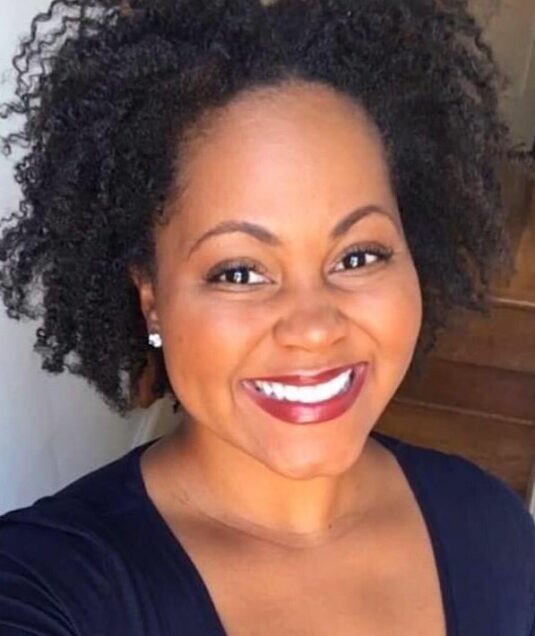
Paula Mans is a former Reggio Emilia-inspired early childhood teacher based in Washington, DC. While Paula is a DC native, she spent many of her formative years living abroad in Tanzania, Mozambique, and Eswatini. Her experiences abroad led her to foster an interest in learning how various masking traditions have impacted the practices of contemporary visual artists throughout the continent and the African diaspora. Paula Mans is an experienced researcher. As an undergraduate student, Paula Mans was granted the Mellon Mays Undergraduate Fellowship to study the works of Afro-Argentine poet, Horacio Mendizábal. Following college, Paula was granted the Fulbright research award to conduct a case study at a non-profit school for girls from low income neighborhoods in Salvador, Brazil. Paula is currently pursuing a Master’s in Art Education at Boston University.
Alexandra Simpson, Conference Committee
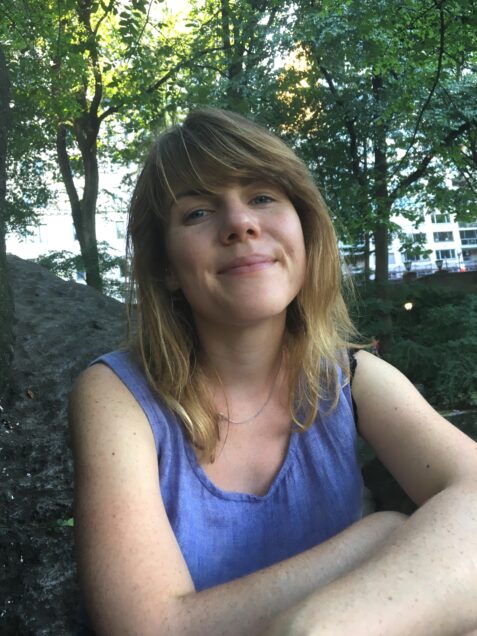
Alexandra Simpson (she/her) is a Toronto-based theatre artist, community organiser, and PhD candidate at York University in the Faculty of Environmental Studies. She holds a BFA in Performance Acting and an MFA in Documentary Media from Ryerson University, and an MA in Performance and Environmental Studies from the University of Toronto. Alexandra’s doctoral research plays in the intersections of performance studies, decolonial and feminist theory, and the energy humanities, and investigates (un)masking as a performance strategy used both by anti-pipeline and Indigenous activists, as well as industry and governments. She is the co-artistic leader of Animacy Theatre Collective (ATC, animacytheatrecollective.com). ATC uses physical theatre (mask and clown), play writing, and multimedia to create research-based and devised plays. Recent co-creator and performer credits with ATC include Upstream Downtown (UPCOMING Theatre Direct 2021; Toronto Fringe, Toronto Clown Festival, Evergreen Brick Works, Scarborough Salmon Festival, 2018), In Search Of (Next Stage Festival, 2021); and Pest Me Pet Me (Theatre Passe Muraille, 2019). In 2019, Alexandra received the Ontario Arts Council Chalmers Professional Development Fund to study mask building at the Sartori International Workshop in the Art of Commedia dell’arte in Abano Terme, Italy, and in the Spring of 2022, with collaborator Felice Amato, and mentors Sarah Sartori and Paola Piizi, will return to Abano Terme with the support of the Canada Arts Council Artistic Residencies grant for an international collaboration that further explores the relationship between women and masks. Alexandra could not be more excited to be part of the organising team for the Women and Mask Conference at Boston University and is looking forward to a year of creative and intellectual exploration with other artists and thinkers who are as enchanted by masks as she is.
The land on which I live, work and play is the traditional territory of many nations including the Mississaugas of the Credit, the Anishnabeg, the Chippewa, the Haudenosaunee and the Wendat peoples and is now home to many diverse First Nations, Inuit and Métis peoples. Toronto is in the ‘Dish With One Spoon Territory’, a treaty between the Anishinaabe, Mississaugas and Haudenosaunee that bound them to share the territory and protect the land. Subsequent Indigenous Nations and peoples, Europeans and all newcomers have been invited into this treaty in the spirit of peace, friendship and respect. I also acknowledge that Toronto is covered by the Toronto Purchase, Treaty 13, signed with the Mississaugas of the Credit, and the Williams Treaty signed with multiple Mississaugas and Chippewa bands.
Deborah Bell, Conference Committee
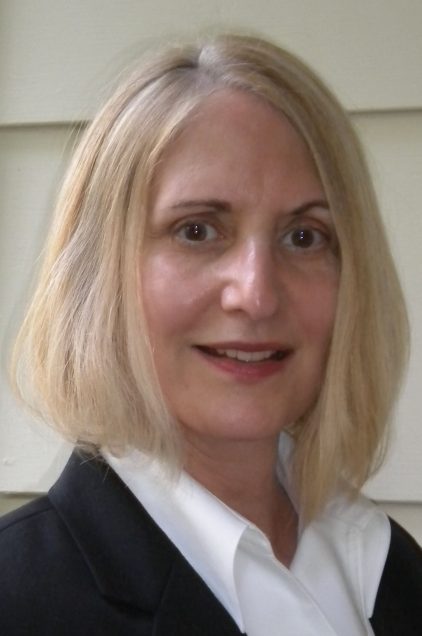
University of North Carolina at Greensboro
Deborah Bell has designed costumes for theatre, musicals, dance, and opera and recently retired as Professor of Costume Design at the University of North Carolina at Greensboro, where she taught for forty-one years. During her career she lectured at universities in Japan, South Korea, Italy, Estonia, and the United States. A member of United Scenic Artists since 1977, Bell exhibited design work at the Prague Quadrennial and received the American College Theatre Festival’s Faculty Recognition Award as well as the Southeast USITT Founders’ Award for Outstanding Educator. In 2006 she received the Herbert D. Greggs Award for her article, “The Mask Maker’s Magic.” Her book, Mask Makers and Their Craft: An Illustrated Worldwide Study (McFarland, 2010 – reprinted in 2014) became a best-seller in the Pop Culture category and is the culmination of interviews with mask makers in Mexico, Trinidad, Brazil, Canada, Japan, South Korea, Bali, Sweden, Italy, Nigeria, Malawi, and both coasts of the United States. She edited Masquerade: Essays on Tradition and Innovation Worldwide (McFarland, 2015).
In Nigeria she explored the work of mask makers influenced by Yoruba traditions, and in Malawi she studied sacred masks created for Gule Wamkulu (the Great Dance). She was especially fascinated with carnival designs in Trinidad and Mexican Day of the Dead masks, as well as the masks created by Balinese mask makers for sacred rituals. These special interests became the inspiration for Designing Weddings and Other Ceremonies, the course she developed and taught for several years. This course examined the cultural impetus of theatrical spectacle underlying sacred and non-sacred ceremonies and their rituals worldwide.
Elsa Wiehe, Conference Committee
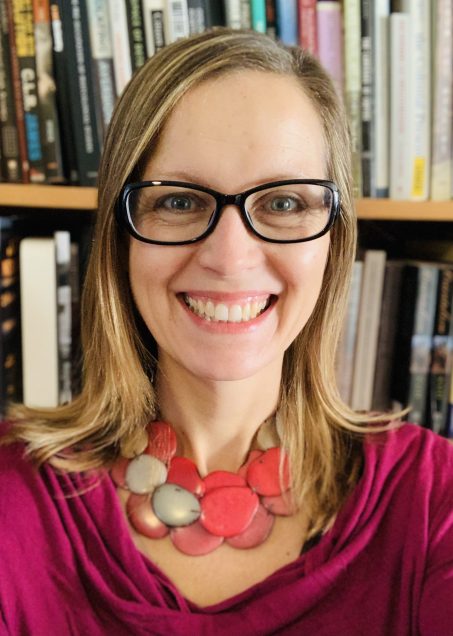
Elsa Wiehe currently leads the African Studies Center K-16 Education Outreach program at Boston University which has one central mission – to promote the study of Africa in U.S. schools through curriculum and professional development events. Elsa is a multilingual Mauritian and licensed K-6 teacher who taught English and French in elementary and secondary schools and worked as an educational consultant in West and Southern African countries. Her work as an educator is driven by a commitment to global educational justice through culturally responsive teaching in both pedagogical processes and the advancement of critical interdisciplinary content centered on African voices and knowledge. Elsa supports a number of struggles for class, racial and linguistic justice in her home of Mauritius. She holds an Ed.D. in Language, Literacy and Culture from Umass Amherst, where she also earned an M.Ed. in Multicultural, Bilingual and E.S.L. Education. Her research focuses on teacher discourse and place-based education in Mauritius, supporting English Language Learners and linguistic justice in policy and practice, and anti-racist teaching practices in teacher preparation.
Emely Torres is an undergraduate student majoring in Chinese Language and Literature at Boston University. The topic of this particular art conference appealed to her because of the prominence of masks as a result of the pandemic. In her free time, she likes to read, watch anything Pedro Pascal is in, and go on walks in hopes of running into dogs. Emely Torres Selmo, Fall Conference Intern
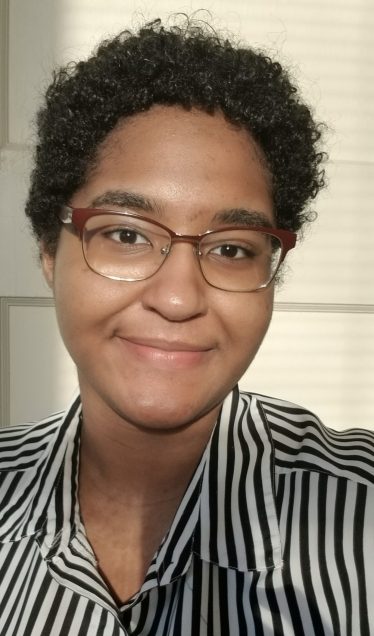
Tengyao Zeng is an undergraduate student majoring in sociology and minoring in applied human development. She was a think tank research fellow based in China, Shanghai. She conducted a field research project that examined how education impacts young women in Kenya and published an article in China Africa Project Journal. She is interested in the topic of this conference because it combines arts with education, women empowerment, and social issues together, which can create many meaningful and insightful conversations. Tengyao Zeng, Spring Conference Intern
